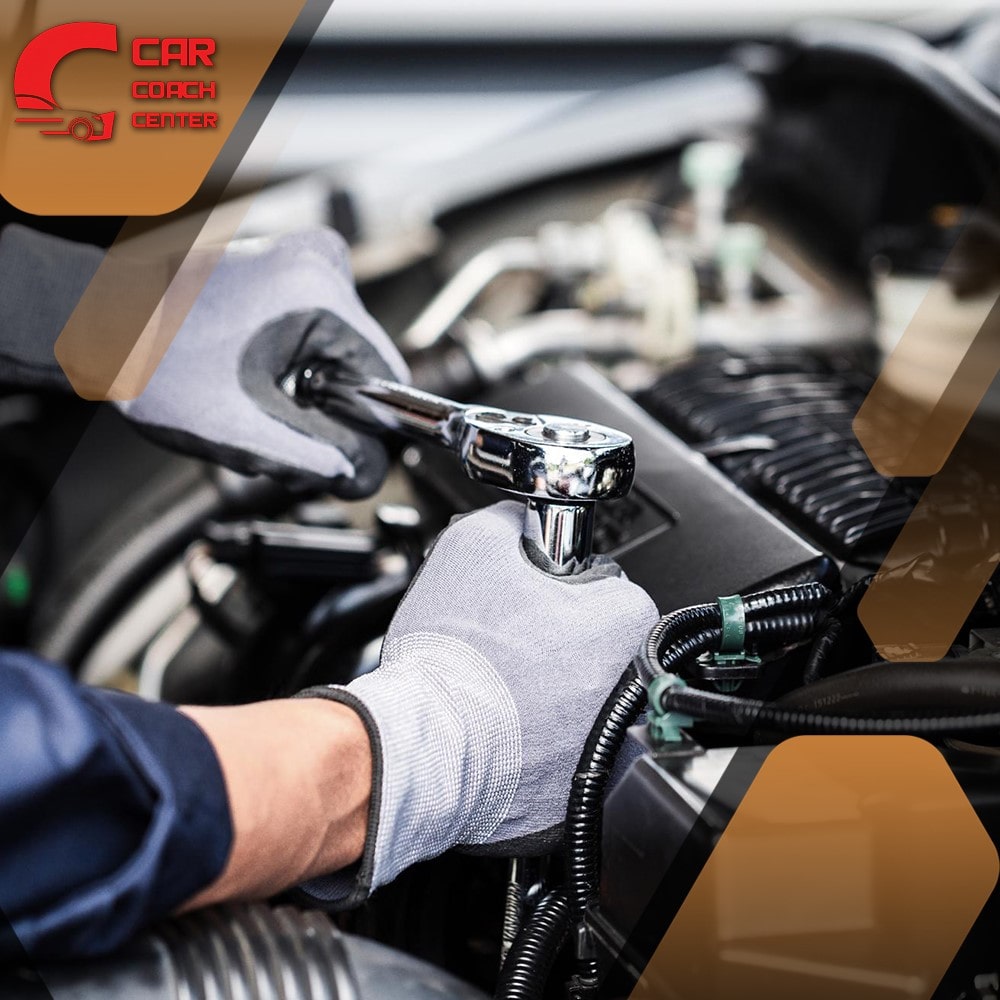Car Shudders When Accelerating at Low Speed: Causes and Fixes
Experiencing your car shudders when accelerating at low speed can be frustrating and concerning. Not only does it impact your driving experience, but it can also indicate underlying issues that may lead to more severe problems if left unaddressed. In this comprehensive guide, we will explore the various causes of car shudders when accelerating at low speed and provide practical solutions to fix the problem.
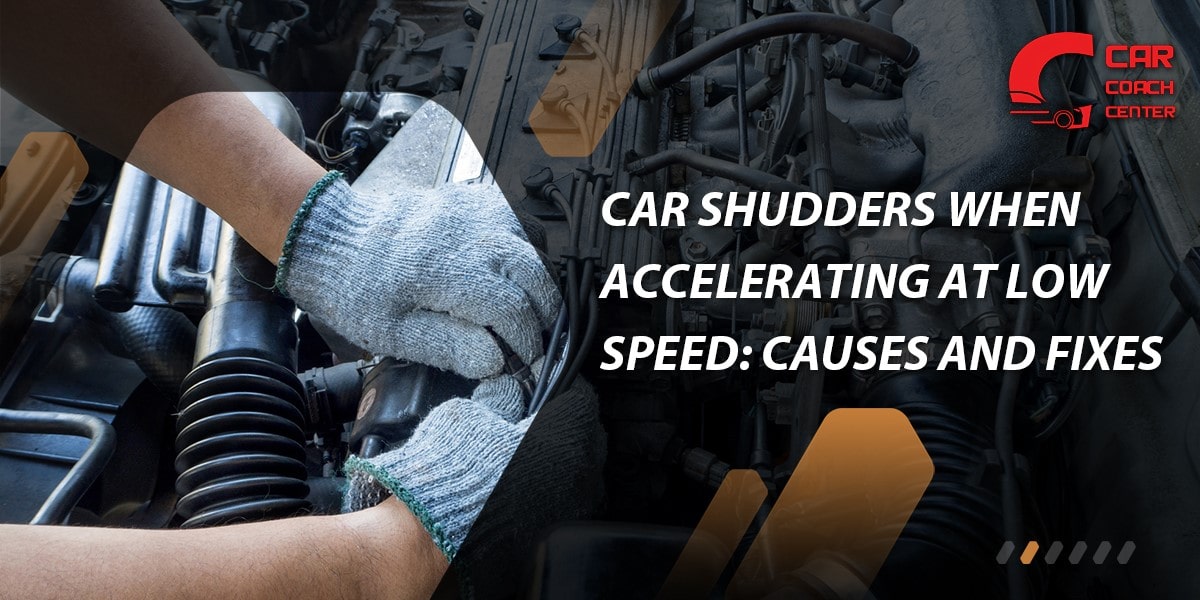
Faulty Spark Plugs
One of the potential causes of car shudders when accelerating at low speed is faulty spark plugs. Spark plugs play a crucial role in igniting the air-fuel mixture in the engine cylinders. When spark plugs are worn or dirty, they can cause misfires and uneven combustion, resulting in vibrations. To fix this issue, you can either clean or replace the spark plugs, depending on their condition.
Poor Fuel Pressure
Another factor that can contribute to car shudders when accelerating at low speed is poor fuel pressure. Insufficient fuel pressure can disrupt the proper functioning of the engine, leading to rough idling and vibrations. It is recommended to have a qualified mechanic inspect the fuel system and address any issues with fuel pressure regulation.
Misfires
Misfires occur when the air-fuel mixture in the engine fails to ignite properly. This can be caused by several factors, including faulty ignition coils, worn-out spark plug wires, or clogged fuel injectors. When misfires occur, the engine becomes imbalanced, resulting in noticeable vibrations. To resolve this issue, it is essential to identify and replace the faulty components causing the misfires.
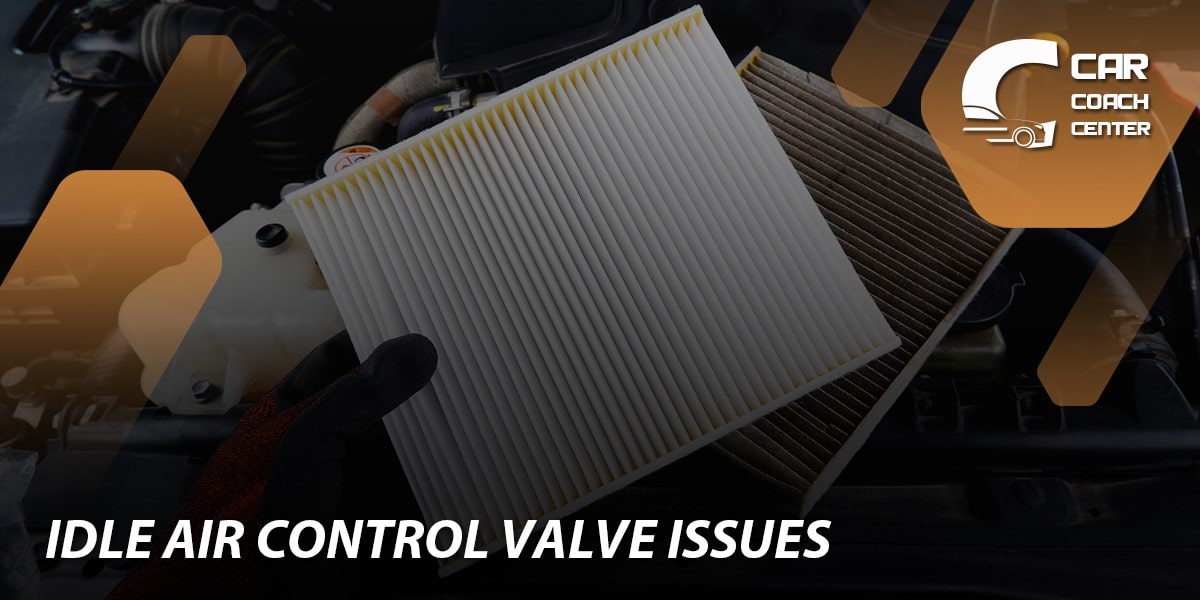
Idle Air Control Valve Issues
The idle air control valve (IAC valve) is responsible for maintaining the engine’s idle speed. When the IAC valve malfunctions or becomes clogged with carbon deposits, it can cause the engine to idle erratically and produce vibrations. Cleaning or replacing the IAC valve can help restore smooth idle and eliminate the shudders during acceleration.
Broken Engine Mounts
Engine mounts are rubber-mounted braces that hold the engine in place within the chassis of the vehicle. When engine mounts become worn or damaged, they can no longer effectively absorb the engine’s vibrations, resulting in noticeable shudders during acceleration. Replacing broken engine mounts is necessary to restore stability and minimize vibrations.
Imbalanced Tires
Imbalanced tires can also cause car shudders when accelerating at low speed. Tire imbalance occurs when the weight distribution of the tire and wheel assembly is uneven. This imbalance can lead to vibrations, especially at higher speeds. To rectify this issue, it is recommended to have your tires balanced by a professional technician.
Worn or Improperly Installed Tires
Worn or improperly installed tires can contribute to car shudders during acceleration. Tires with uneven tread wear or incorrect alignment can cause imbalances, resulting in vibrations. Regularly inspecting your tires for wear and ensuring proper installation and alignment can help prevent this issue.
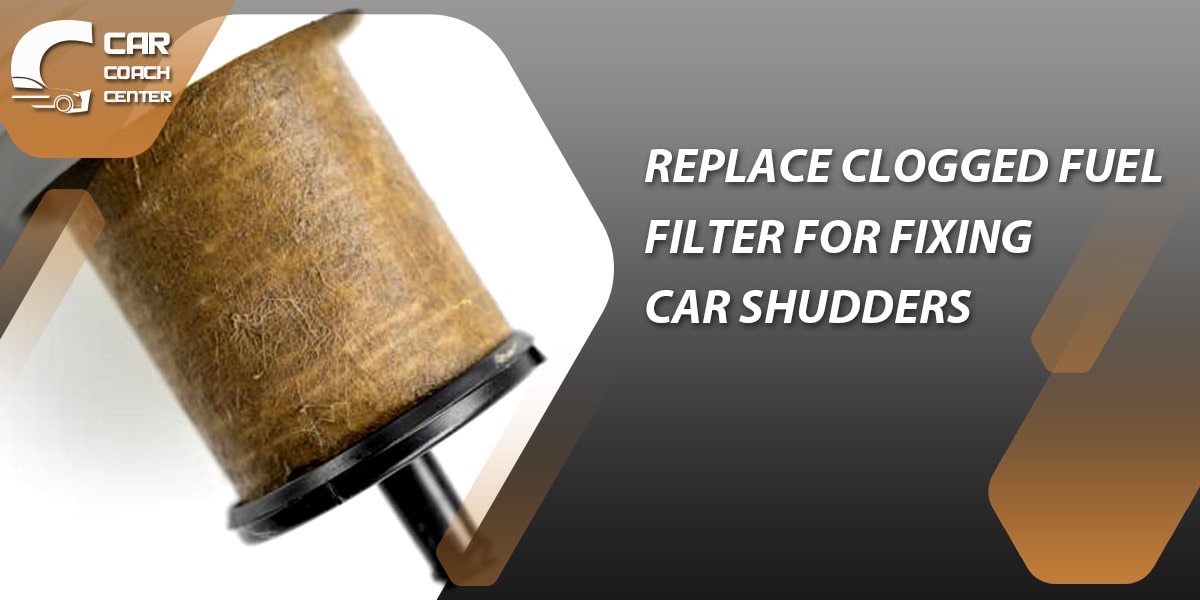
Bent Axle or Driveshaft
A bent axle or driveshaft can cause severe vibrations when accelerating at low speed. These components can become bent or damaged due to accidents or impacts with obstacles on the road. If you suspect a bent axle or driveshaft, it is crucial to have them inspected by a professional mechanic and replaced if necessary.
Sticking Brake Calipers
Sticking brake calipers can cause vibrations during acceleration, particularly when the shudders is felt through the steering wheel. Stuck brake calipers prevent the proper release of brake pads from the rotors, resulting in uneven braking and vibrations. It is essential to have the brake system inspected and repair any sticking calipers to ensure smooth acceleration.
Broken CV Inner Joints
When the inner CV joints of the vehicle’s axle are damaged, it can lead to shudders during acceleration. The CV joints allow the transfer of power from the transmission to the wheels. If these joints become worn or broken, they can cause vibrations. Replacing the damaged CV joints is necessary to restore smooth acceleration.
Engine Mounts
Engine mounts serve as crucial components in reducing vibrations and noise produced by the engine. When engine mounts wear out or become damaged, they can no longer effectively absorb the engine’s vibrations, leading to shudders during acceleration. Replacing worn or broken engine mounts is necessary to restore stability and minimize vibrations.
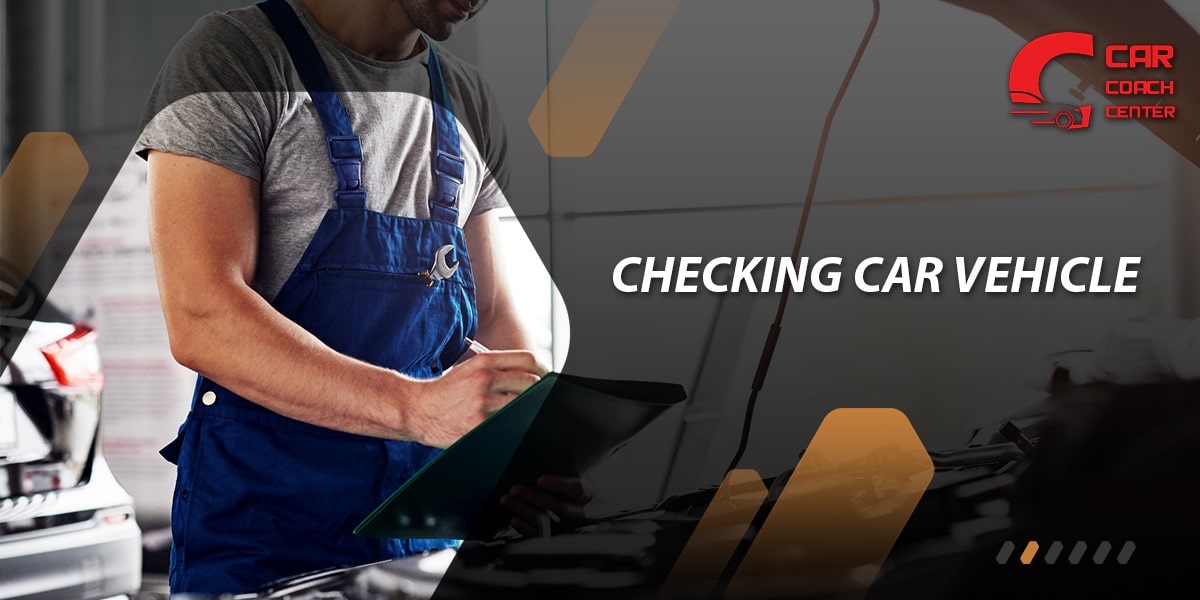
Conclusion
Experiencing car shudders when accelerating at low speed is a common issue that can be caused by various factors. From faulty spark plugs to broken engine mounts and imbalanced tires, there are several potential culprits for this problem. It is essential to address these issues promptly to prevent further damage and ensure a smoother driving experience. If you are unsure about diagnosing or fixing the problem yourself, it is recommended to consult with a qualified mechanic who can provide an accurate assessment and perform the necessary repairs. Remember, addressing the underlying causes of car shudders is crucial for maintaining the performance and safety of your vehicle.
What are some of the common causes of car shudders when accelerating at low speed?
Some of the common causes include worn-out spark plugs, a clogged fuel filter, a dirty air filter, transmission issues, and engine problems.
Can a dirty air filter cause engine damage?
Yes, a dirty air filter can cause engine damage if left unchecked. It can cause the engine to work harder, which can lead to premature wear and tear.
How can you fix car shudders when accelerating at low speed?
The solution to fixing car shudders when accelerating at low speed depends on the root cause of the problem.

